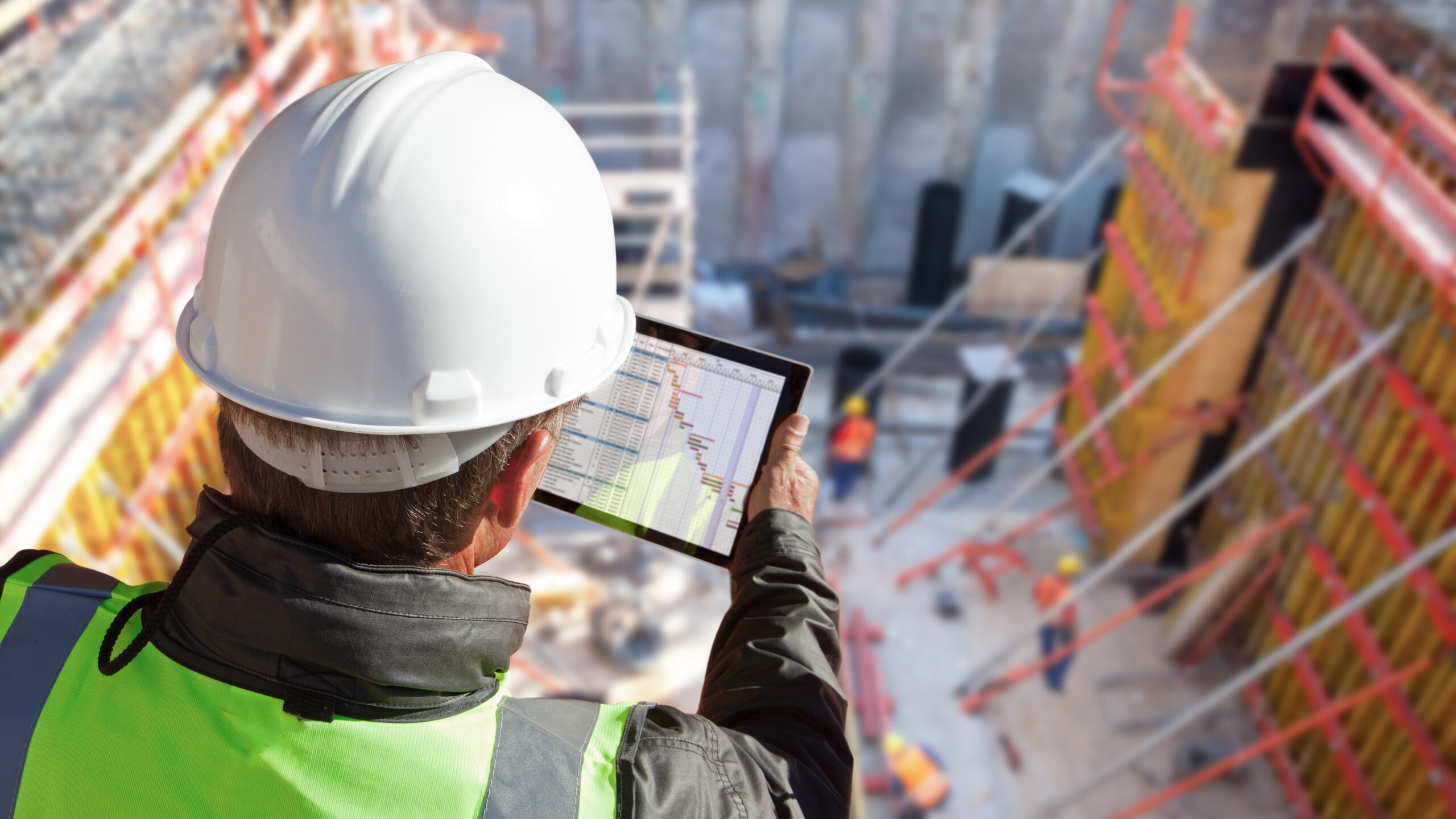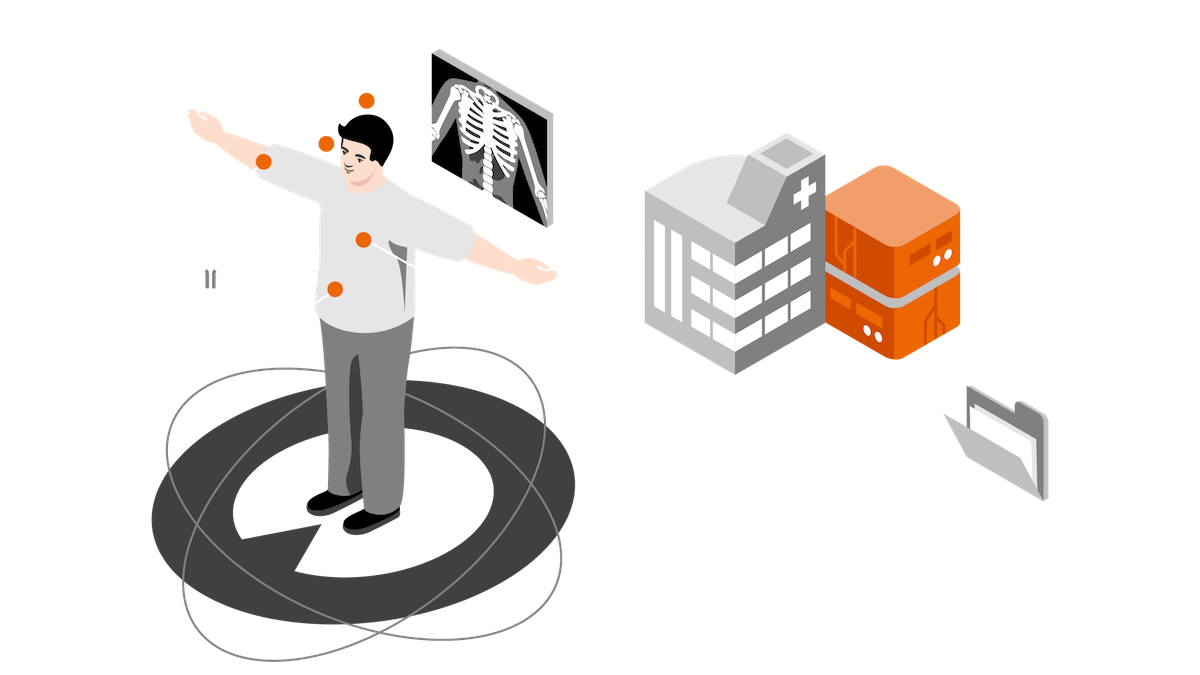onstruction has always been a relationship-driven industry. But in today’s environment — shaped by supply chain volatility, labor shortages, tighter budgets, and increasing project complexity — trust and transparency are no longer just nice-to-haves. They are essential.
While contracts and scopes define responsibilities, it is the quality of relationships that determines how challenges are navigated, how risks are shared, and how successful outcomes are ultimately achieved.
Here’s why fostering strong, trust-based relationships between owners, contractors, and all project stakeholders is more important than ever.
The Increasing Complexity of Projects
Modern construction projects involve more moving parts, more stakeholders, and more variables than ever before:
- Multiple trades working simultaneously
- Strict regulatory and safety requirements
- Compressed schedules and limited float
- Procurement uncertainty and price volatility
- Tenant, owner, and community coordination
No project plan survives first contact without adjustment. Trust enables teams to respond quickly and collaboratively when plans inevitably evolve.
Why Transparency Drives Better Results
Reduces Conflict and Disputes
Open sharing of project status, issues, and risks prevents surprises. When stakeholders are informed early, they can collaborate on solutions rather than pointing fingers.
Supports Smarter Decision-Making
Transparent reporting and communication allow owners to make timely, informed choices that keep projects on track.
Builds Long-Term Partnerships
When owners and contractors trust each other, they are more likely to work together again. Repeat relationships reduce learning curves, improve coordination, and drive efficiency on future projects.
Enhances Accountability
Transparency encourages all parties to meet their commitments — and creates an environment where accountability is expected and respected.
The Role of Leadership in Building Trust
Trust doesn’t just happen. It is cultivated through leadership behaviors that demonstrate integrity and consistency:
- Clear, honest communication — even when the news isn’t good
- Following through on commitments and owning mistakes
- Being transparent about limitations, risks, and trade-offs
- Approaching negotiations and change orders fairly and collaboratively
- Treating partners and trades with respect
Projects led in this manner don’t just finish — they finish well, with relationships intact and reputations enhanced.
Conclusion
In a world where construction risk is rising and complexity is unavoidable, trust and transparency offer the clearest path to predictable, successful outcomes.
Owners who select partners based not just on price, but on shared values and mutual respect, will find their projects run smoother, their teams work better together, and their investments generate lasting value.
Construction may be about buildings — but it’s powered by people and relationships.




